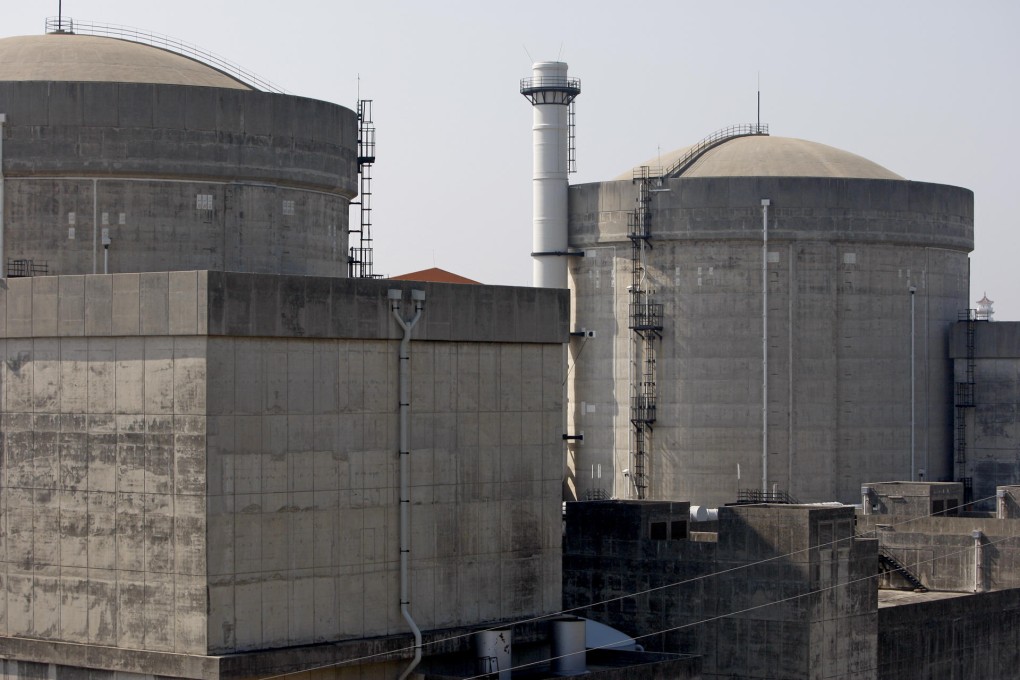Hong Kong split over whether to import more power from mainland China
Hong Kong is split over whether to import more electricity from an overburdened mainland grid or generate more at home

At a recent forum on future sources of energy for Hong Kong, industrialist Arthur Lee told the panel that he was happy with the stream of power his mainland factories get.

Lee was one of the few to voice support for a controversial proposal for Hong Kong to import more electricity from the mainland's power grid to meet the city's growing needs. Hong Kong now buys 10 billion kilowatt- hours of electricity a year from the mainland - about a quarter of what it consumes.
Few of Lee's fellow entrepreneurs shared his optimism. Many people who run factories in Guangdong, including lawmaker Jeffrey Lam Kin-fung, said power cuts were routine there. He and others said they feared that if Hong Kong chose an option in which at least half of the city's electricity would come from the mainland, it could pose a challenge to tens of thousands of Hong Kong-owned factories, particularly in the Pearl River Delta.
Three months ago, the government's Environment Bureau asked the public to pick the best energy plan to supply Hong Kong's projected electricity consumption of 50 billion kilowatt hours by 2023 - 16 per cent more than in 2012.
The city began to publicly explore energy options after deciding that in the next decade it would phase out polluting coal-fired plants, which currently produce half of Hong Kong's electricity.
Government officials will choose one of two options - buying more electricity from the mainland or increasing self-sufficiency by boosting local electricity production from natural gas. The consultation ends today.